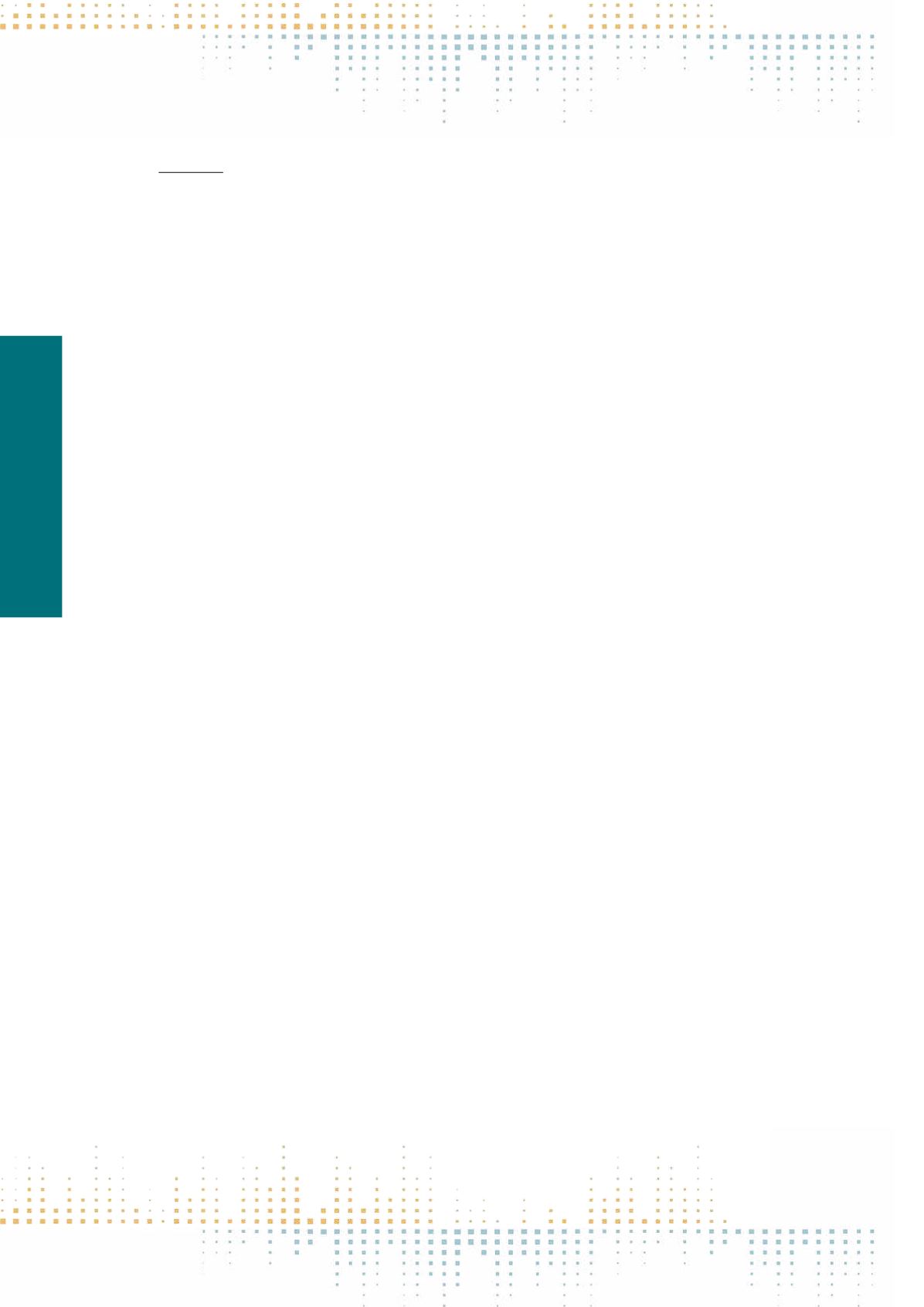

170
Thursday, November 10
1 6 : 3 0 – 1 8 : 0 0
PP 266
Factors That Influence Crisis Perception from an Internal Stakeholder’s Point of View
E.M. Snoeijers
1
1
University of Antwerp, social sciences - communication sciences, Antwerp, Belgium
In my current research on crisis communication by organisations, I looked into communication structures in a large hierarchical organisation and measured
the effect of each person’s professional function and academic and training background on their crisis perception, for which I have developed a scale in
my research. I performed a survey (N=5800, 60% partially missing) within a homogeneous population (one organisation). The organisation involved has
well-documented structures and personnel profiles, which would simplify the categorisation of respondents by profile. The contribution for crisis com‑
munication practice and theory, is a better understanding of how organisations can gain in strategically important time by perceiving a crisis early and
choosing the right people to do so. The research question for my overall PhD research is: what is the influence of stakeholder communication and individual
profiles on the crisis perception fromwithin an organisation and how can an organisation use this as a strategic advantage? For this specific study, however,
I have explored the relation between an organisation member’s function and background and his or her perception of a crisis for their organisation. From
the literature I have deduced the following hypothesis: H1a: internal stakeholders with a background in communication, will perceive crises in an earlier
stage than those who do not have that background, based on social media messages. Parallel to that hypothesis and based on literature on perception and
earlier research in which I participated, I can reformulate that with reference to previous experience. H1b: internal stakeholders with an experience in crisis
management and communication, will perceive crises in an earlier stage than those who do not have that experience. Preliminary results seem to indicate
that crisis perception and academic communication studies, among other factors, are related in this organisation. In relation to the nature of a crisis situation
and time management, especially when social media is concerned, a research question would be: how long does it take for the organisation to communi‑
cate on the crisis, after it has been perceived? It is difficult to make a hypothesis on that, but the study of a few cases where the organisation was involved
will probably show that it is longer than the literature deems wise. A subsequent question, however, is: would the difference of perceiving a crisis early on
strategic level be important for the timing of the communication? This can only be answered by case studies from literature and by experiments and field
research, which are not part of this study but for which I hopefully will be able to pave the way in my conclusions.



















